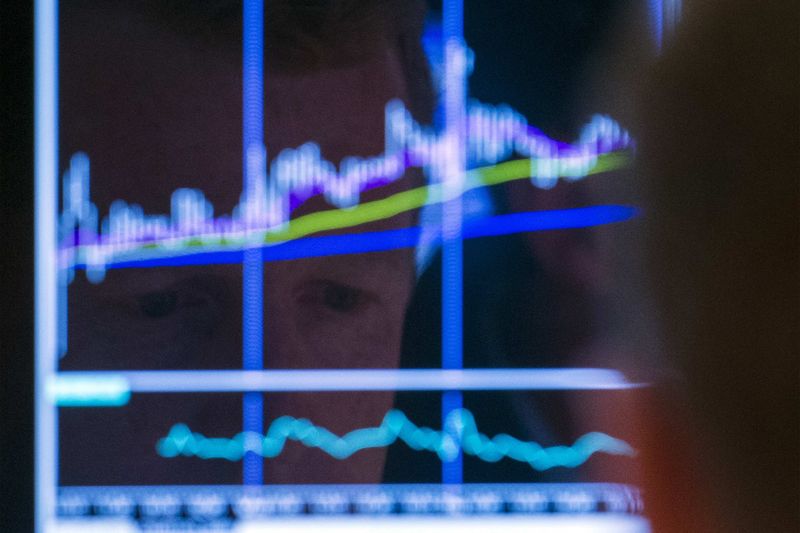The European Union has implemented significant tariffs on Chinese electric vehicles (EVs) following a thorough investigation, asserting that Chinese state subsidies distort competition and harm Europe’s car industry.
Effective Wednesday, the tariffs, which range up to 35%, add to the existing 10% tax on EV imports from China and will last for five years.
The decision came despite opposition from major EU member states like Germany and Hungary, which warned that the tariffs could trigger a trade war with China.
China files WTO complaint against the EU over new tariffs
Responding swiftly to the new tariffs, China lodged a formal complaint with the World Trade Organization (WTO), challenging the EU’s decision under the WTO’s dispute settlement framework.
Beijing’s commerce ministry stated that it does not accept or support these measures and is prepared to protect the “legitimate rights and interests” of Chinese businesses.
With this complaint, China aims to combat what it perceives as politically motivated moves that could escalate tensions between the EU and China.
The newly imposed tariffs impact various Chinese EV manufacturers and foreign groups producing in China.
While Tesla’s vehicles face a relatively lower tariff at 7.8%, Chinese automotive giant Geely is subject to 18.8%, and SAIC is hit with the highest rate at 35.3%.
These tariffs affect EV imports from companies reliant on state subsidies, putting additional pressure on Chinese automakers attempting to capture the European market.
Split EU response as larger carmakers oppose tariff strategy
The EU’s decision did not receive universal support within its member states.
Germany’s influential car manufacturers, such as Volkswagen (ETR:VOWG_p), expressed concern that tariffs could impair the global trade environment, possibly risking jobs and economic stability in Europe.
German auto industry representatives have labelled the tariffs as “a step backwards for free global trade,” advocating for a resolution through dialogue rather than restrictive measures.
Meanwhile, France, which advocated for the tariffs, praised the EU for “defending trade interests” and backing its automobile sector, which employs approximately 14 million people across the bloc.
The EU’s tariffs could trigger retaliatory actions from Beijing, which recently announced provisional tariffs on European brandy and started probes into EU subsidies for imported dairy and pork products.
China’s response underscores its stance against what it sees as unfair trade barriers.
Both sides are reportedly discussing a potential compromise involving minimum pricing for Chinese EVs in Europe, but the gap in trade policies complicates any immediate agreement.
This latest dispute over EV tariffs reflects broader tensions in EU-China trade relations.
Beyond the automotive industry, the EU has launched inquiries into Chinese subsidies for renewable energy sectors, including solar panels and wind turbines.
Other Western nations, such as the US and Canada, have already imposed even steeper tariffs on Chinese EVs.
As the global trade environment shifts, the EU’s move could set a precedent, influencing how other countries engage with China’s state-backed industries.
